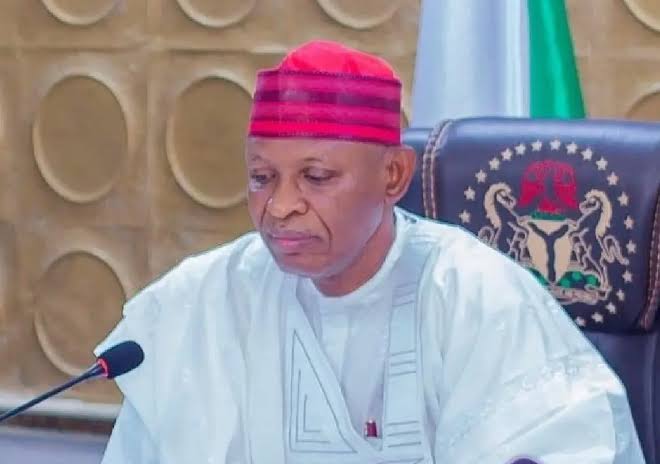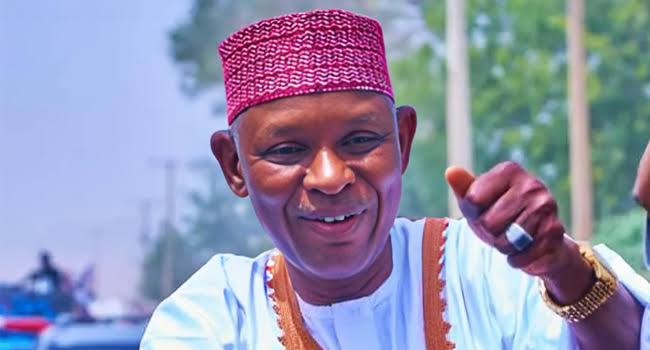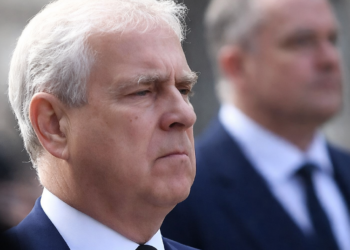Governor Abba Yusuf of Kano State has signed off on a ₦71,000 minimum wage for civil servants, effective from November 2024. But while he’s painting it as a win for workers, Kano’s financial situation is more than a bit strained. With one of the largest workforces in the country and barely enough internally generated revenue (IGR), it’s questionable how sustainable this new wage plan really is.
Yusuf admitted that Kano’s monthly IGR is stuck at a mere ₦2 billion—a far cry from states like Lagos, raking in ₦54.3 billion. The new wage will stretch Kano’s finances further, adding over ₦6 billion in monthly salary commitments for state workers, plus another ₦7 billion for local councils. Given these numbers, the governor’s assurances of “social justice and economic growth” seem more like wishful thinking than reality.

“Kano has one of the biggest workforces in Nigeria, but our revenue base is a fraction of what states like Lagos or Rivers generate. Despite these financial constraints, we’re moving forward with the new minimum wage,” Yusuf stated, though the irony wasn’t lost on those familiar with Kano’s finances.
In his address, the governor encouraged civil servants to “boost service delivery” and help create innovative solutions for better public services—a polite nudge that workers should pull their weight to justify the rising costs. The Head of Civil Service, Abdullahi Musa, assured everyone that the wage increase would be handled “without complications,” though it’s hard not to question how smoothly it will go when money is already so tight.
Meanwhile, civil servants’ representative Kabiru Inuwa expressed thanks to the governor for his “commitment” to the workforce, seemingly grateful even as the financial burden looms large. Yusuf concluded by urging civil servants to remain committed, projecting a brighter future for Kano, despite the glaring fiscal challenges ahead.

















